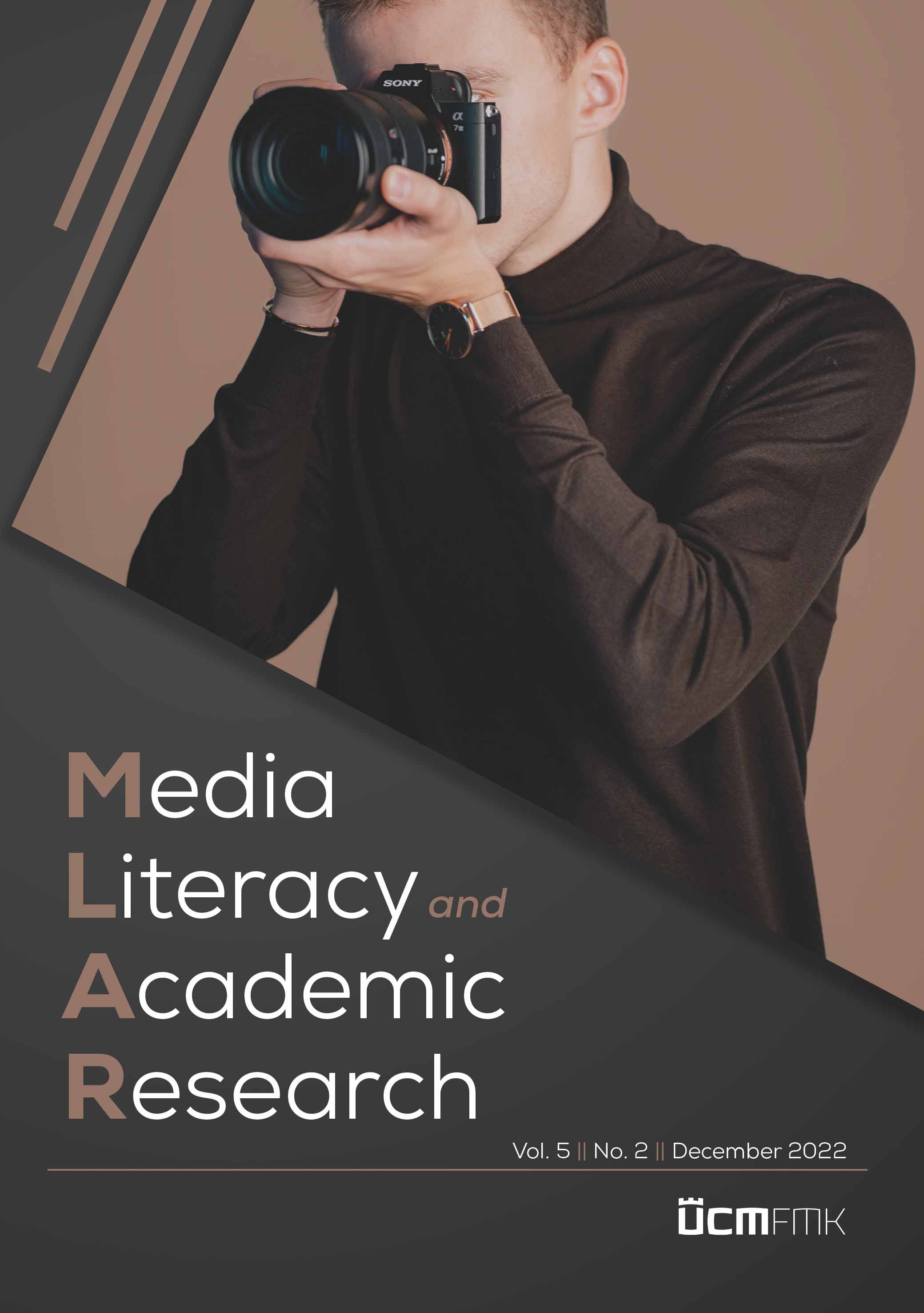New Media Literacy Education in Communication Training in Ghana: Evidence from Two Public Universities
New Media Literacy Education in Communication Training in Ghana: Evidence from Two Public Universities
Author(s): Akwasi Bosompem BoatengSubject(s): Social Sciences, Education, Communication studies
Published by: Univerzita sv. Cyrila a Metoda v Trnave, Fakulta masmediálnej komunikácie
Keywords: Communication Education; Ghana; Media; New Media Literacy; Public Universities;
Summary/Abstract: New media technologies have become important devices that are changing activities in diverse human endeavours. The advent of the Internet has come with many digital technologies, platforms and networks. There is a plethora of new media such as social networking, gaming, blogging, picture sharing, iPhones, iPods, Tik-Tok, Facebook, YouTube, Twitter, Instagram, LinkedIn, ResearchGate, and Academia, among others, which have become common vernacular across the world. Given the rapid spread of new media, education on the use of these technologies and platforms has become necessary. Key among institutions that could promote new media literacy and the use of these applications and platforms are higher education institutions, especially public universities that provide training in communication and media studies to students. While there has been several studies on new media literacy in the Western context, relatively littlehas been done on how higher education institutions in Africa especially Ghana have promoted digital media literacy among students. This study addresses this gap by exploring how two communication and media education institutions in Ghana promote new media literacy among students. The study is hinged on the new media literacy framework to discuss how knowledge, skills and attitudes toward new media can encourage students to access, understand and create digital communication using technologies and applications in academic and other activities. Using a qualitative research approach and case study design, this study conducts interviews with lecturers in communication and media studies for data to analyse how the University of Education, Winneba and the Ghana Institute of Journalism are using, teaching and implementing new media literacy programmes in the education and learning of students. The study found that students in the two selected communication and media education institutions are not adequately exposed to course contents that are specifically related to new media literacy and usage among students, even though some courses are related generally to ICT, which are run by the public universities with the aim of promoting new media literacy. It is important for new media literacy instructions to be embedded in the courses that are provided in communication and media education in public universities in Ghana.
Journal: Media Literacy and Academic Research
- Issue Year: 5/2022
- Issue No: 2
- Page Range: 196-211
- Page Count: 16
- Language: English

